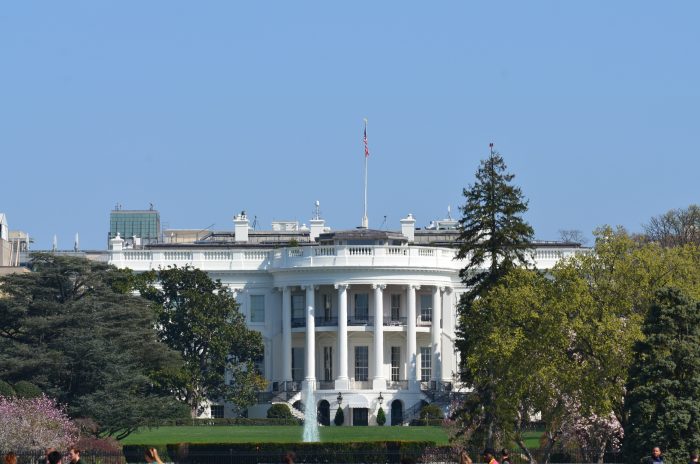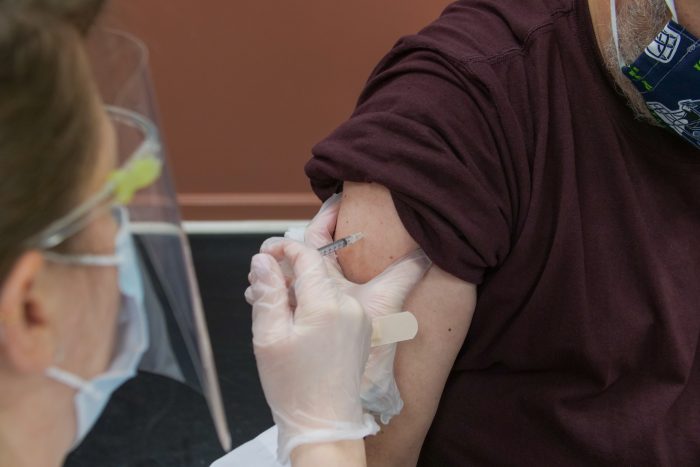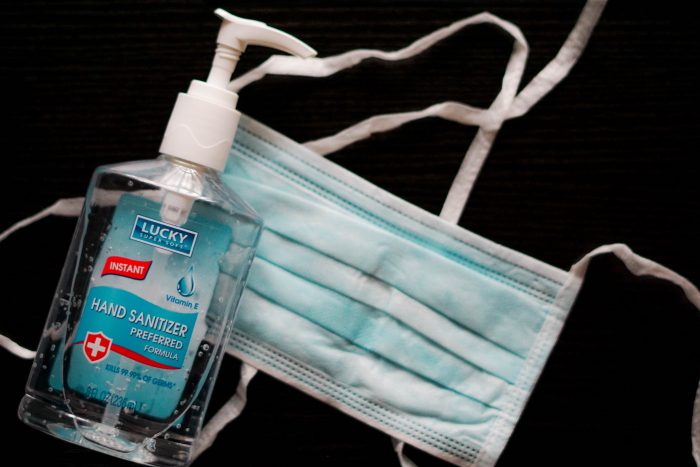White House Unveils New Plan to Move America Past COVID Crisis



The Health Resources and Services Administration (HRSA) is making more than $560 million in Provider Relief Fund (PRF) Phase 4 General Distribution payments to more than 4,100 providers across the country this week. Providers will receive an email notification by Thursday, February 24 if their application was among those processed in this latest batch. HRSA is working to review all remaining applications as quickly as possible.
With today’s announcement, a total of nearly $11.5 billion in PRF Phase 4 payments has now been distributed to more than 78,000 providers in all 50 states, Washington D.C., and five territories. This is in addition to HRSA’s distribution of American Rescue Plan (ARP) Rural payments, totaling nearly $7.5 billion in funding to more than 44,000 providers since November 2021.
Learn More
If you have any further questions, please contact your RCPA Policy Director.
The Department of Human Services (DHS) is providing final notice of the Fee Schedule Rates and Department-Established Fees for services funded through the Consolidated, Community Living, and Person/Family Directed Support (P/FDS) Waivers as well as the Community Intellectual Disability Base-Funded Program.
The Fee Schedule Rates are effective January 1, 2022, with the exception of the rates for Agency With Choice Financial Management Services (AWC FMS) and direct Community Participation Support services. The Fee Schedule Rates for AWC-FMS will be effective on March 1, 2022. The Fee Schedule Rates for direct Community Participation Support services will be effective six months after the expiration of the federal novel coronavirus (COVID-19) public health emergency, and the temporary increases to the Fee Schedule Rates that are currently in place will end. The Department-Established Fees are effective July 1, 2022.
The full announcement with the specific rates can be found here.
These rates will be in effect for the next three years. Providers have the right to appeal these rates to the Bureau of Hearings and Appeals. Any provider who wishes to appeal must do so within 30 days of the notice, and those who do not appeal within that period will lose the right to challenge rates before the Bureau.
RCPA is hosting a “How to File a Rate Appeal” webinar on March 7, 2022, from 1:00 pm–2:00 pm. Otherwise, you should consult an attorney with experience filing such appeals.
Contact Carol Ferenz with any questions.
The Pennsylvania Department of Drug and Alcohol Programs (DDAP) announced more than $15 million in grant funding for stabilization payments to substance use disorder (SUD) treatment providers to assist with pandemic-related expenses.
Through 108 grant agreements, 375 SUD treatment provider locations will receive funding. Grantees span across every Pennsylvania county, and all eligible applicants who applied were awarded funding. A list of grantees and awards are available on the DDAP website. However, funding amounts will not be finalized until all grant agreements are fully executed. This funding will aid in pandemic-related expenses, including but not limited to minimizing the spread of COVID-19 by ensuring the provision of testing and support of vaccines as appropriate and delivering quality, evidence-based treatment to individuals who are underinsured or uninsured.
The grants are part of $55 million in federal funding awarded to Pennsylvania through the Substance Abuse and Mental Health Services Administration (SAMHSA) Substance Abuse Prevention and Treatment Block Grant Program COVID-19 Supplemental Awards.
ODP Announcement 22-015 announces that the Operational Guide for the Adult Autism Waiver (AAW) has been updated to reflect current guidance from the Centers for Disease Control and Prevention (CDC), the Centers for Medicare and Medicaid Services (CMS), and the Pennsylvania Department of Health. Additionally, guidance has been added regarding regulatory compliance during the COVID-19 pandemic.

PDE and DHS are offering the following policy clarification on the Head Start/Early Head Start vaccination mandate:
PDE and DHS are cognizant of the staffing challenges that many providers are facing. Providers are thus encouraged to work creatively to ensure that children continue to receive a free and appropriate public education during these trying times. In this regard, providers should examine whether unvaccinated individuals may continue to provide services in accordance with an allowable exemption, and, where appropriate, consider whether parental agreement to alternative delivery of services may be prudent.
OCDEL has clarified that this is to include all individuals working with Head Start enrolled children and families, including early intervention and behavioral health. OCDEL further requests that agencies work with Head Start partners to address this requirement and asks for support considerations, including; encouraging staff and contractors to become fully vaccinated; working to identify fully vaccinated EI personnel to support children in Head Start; when possible, working to provide written assurance to Head Start partners to only send fully vaccinated staff and contractors to go into classrooms; and exploring technological solutions to help support children within their Head Start classroom activities and routines.
The United States Department of Health and Human Services (HHS) has implemented an Interim Final Rule (IFR) requiring all staff who work with Head Start/Early Head Start (Head Start) children and families in any capacity to be vaccinated. According to HHS guidance, this includes those individuals who do not have any contact with children. The IFR also requires contractors whose activities involve contact with or providing direct services to Head Start children and families and volunteers in classrooms or working directly with Head Start children and families be vaccinated. The IFR is now understood to apply to all individuals working with Head Start children and families, including but not limited to services provided by Preschool Early Intervention, 0-3 Early Intervention, and behavioral health specialists in Head Start programs, including those provided pursuant to a memorandum of understanding or other agreement by which Head Start programs provide for or permit the provision of such services.
The Federal Office of Head Start (OHS) is responsible for ensuring compliance with the IFR through their identified monitoring processes. PDE or DHS is not responsible for monitoring programs for compliance with this mandate.
Head Start IFR and guidance do allow for exemptions for individuals who are not vaccinated. In the event individuals meet this exemption, OHS has issued guidance regarding circumstances in which unvaccinated individuals may be able to continue to work with Head Start children and their families.